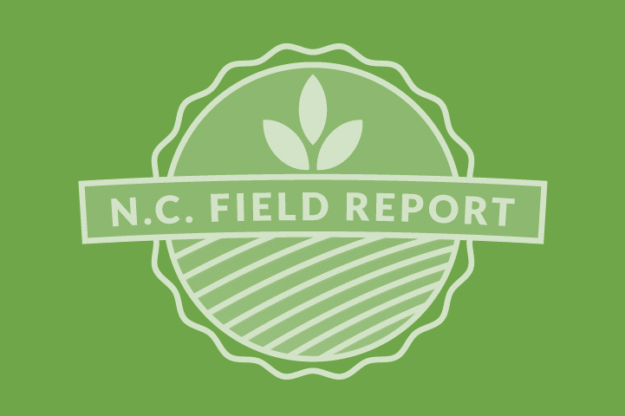Know How to Use Your Soil Test Results
Collecting soil samples is just the first step in a nutrient management plan. The results from those samples need to be reviewed and decisions made about what types of fertilizers should be added. While the soil test report can look overwhelming at first, the NCDA actually does a pretty good job of presenting results and…
Details








